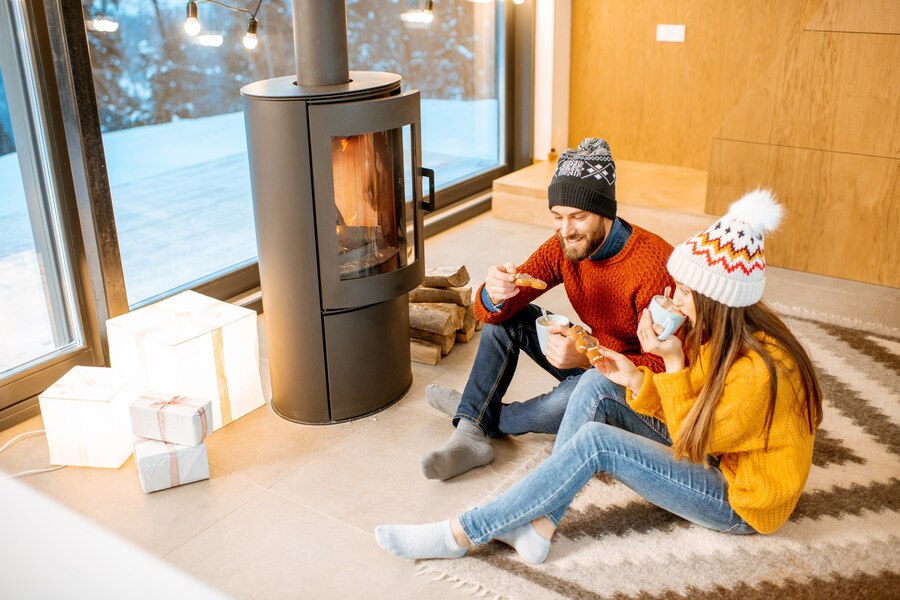As winter unfurls its icy blanket over our homes, the comfort of a warm, inviting space becomes more appealing than ever. But as we seek solace from the cold, safety considerations must stay at the forefront of our minds. Heater-related accidents, while preventable, are a source of concern for many households. This comprehensive guide is designed to arm you with the knowledge needed to keep your home warm and, most importantly, safe.
The Foundation of Heater Safety
When it comes to "heater safety tips," there's no shortage of information available, but sifting through it all can be overwhelming. Let's break it down into manageable, actionable advice.
Read and Retain: Every heater comes with a manual. While it's tempting to discard it with the packaging, take the time to read it carefully. The specifics can vary greatly between models and types.
Space Matters: Clutter is a significant hazard when it comes to heating. Furniture, drapery, and even personal items should maintain a safe distance from the heater to prevent fires.
Stable and Sturdy: Heaters should be placed on stable surfaces where they are unlikely to be knocked over. This is crucial in homes with pets and children.
The Silent Killer: Carbon Monoxide Poisoning
Often searched online under "carbon monoxide poisoning," this risk is particularly associated with gas heaters. Carbon monoxide (CO) is a stealthy threat — invisible and odorless. To combat this:
- Ventilation is Vital: Ensure that rooms are well-ventilated when using gas heaters.
- CO Detectors: Install carbon monoxide detectors on every floor of your home, especially near sleeping areas.
- Annual Inspections: Have all gas heaters serviced by a professional annually to prevent CO leaks.
The Nitty-Gritty of Space Heater Safety
"Space heater safety" is a critical sub-topic, given the popularity of these devices. Space heaters are convenient but come with their own set of rules:
- Never Leave Them Running Unattended: This cannot be overstated. A space heater should never be left operating without supervision.
- Child and Pet Caution: Always supervise children and pets around heaters. The curiosity of a child or a pet’s unintended nudge can lead to accidents.
- Tip-Over Switch: Opt for models with a tip-over switch, which automatically shuts off the heater if it falls over.
Electric Heater Safety: Plugging Into Precautions
"Electric heater safety" takes center stage when discussing fire prevention. Electrical mishaps can quickly escalate into disasters:
- Inspect Cords and Plugs: Regularly check the condition of the heater’s plug and cord. A worn-out cord can be a fire hazard.
- Direct to Wall: Always plug a heater directly into a wall outlet. If you must use an extension cord, make sure it is of a suitable gauge and rating.
- Circuit Overload: Be aware of the load on your electrical circuit to prevent tripping the breaker or causing an electrical fire.
How to Prevent Heater Fires: Awareness and Action
Given the severity of the potential risks, "preventing heater fires" is a frequently searched and deeply significant topic. Prevention is better than cure, and in this case, it could be lifesaving.
- Keep It Clean: Regular cleaning and maintenance of your heater will prevent the buildup of dust and lint that can ignite.
- Right to Repair: If your heater is malfunctioning, have it repaired before use. A small fault can lead to a big problem.
- Quality Matters: Use only high-quality, well-reviewed heaters that carry a safety certification mark from a recognized authority.
Portable Heater Guidelines: On-the-Go Warmth
"Portable heater guidelines" are crucial for those using these movable units. The appeal of portable heaters is their flexibility, but they require responsible use.
- Surface Area: Only place portable heaters on solid, flat surfaces where they are far less likely to be tipped over.
- Away From Water: Never use portable heaters near water. This includes away from bathrooms, kitchen sinks, and damp basements.
The Annual Ritual: Heater Maintenance
"Annual heater maintenance" is a term that should be on every homeowner’s calendar. Just as you'd service your car, your heating system needs regular check-ups.
- Professional Check-Up: A qualified technician can spot issues that you might miss. They'll ensure your system operates efficiently and safely.
- Replace Filters: Regularly changing filters, where applicable, will not only improve air quality but also reduce the strain on your heater.
Heating the Safe Way: Practical Tips for Homeowners
"Home heating safety" is a broader term encompassing all the elements of safely warming your space. These practical tips encapsulate the best practices:
- Thermostat Watch: Keep your thermostat at a safe, comfortable temperature to prevent overheating.
- Fireplace Readiness: If you have a fireplace, ensure the chimney is clean and the fireplace is in good repair to prevent chimney fires.
- Educate the Household: Make sure everyone in your home knows how to use the heating equipment safely.
Embracing Energy-Efficient Heating
The topic of "energy-efficient heating" isn't just about saving money—it's also about safety. Efficient heaters are less likely to overheat and can reduce the risk of accidents.
- Upgrade to Efficiency: Consider replacing old, inefficient heaters with newer models that use less energy and have better safety features.
- Smart Thermostats: These can help maintain a safe temperature and reduce the risk of overheating.
Cultivating Safe Heating Practices
"Safe heating practices" should be a mantra for any homeowner. From the type of heater you choose to the way you operate it, safety should always be the driving factor.
- Be Aware of Recalls: Keep an eye on news for any recalls or safety notices regarding your heating equipment.
- Emergency Preparedness: Have a home escape plan in case of a fire and ensure all family members are familiar with it.
In Summary
Your home is your haven, and maintaining its warmth should never compromise the safety within. By following the heater safety tips outlined in this post, you can reduce the risk of fire, carbon monoxide poisoning, and other hazards. Remember, the key to a warm home is a combination of the right equipment, regular maintenance, and vigilant use.
Do you have any other concerns or personal experiences with heater safety? Share your thoughts and stories in the comments section below. Let's cultivate a community that prioritizes safety alongside comfort.
Take the Next Steps
Before the chill sets in, review your heating systems and implement these safety measures. Consult with professionals, and if you're in the market for a new heater, visit reputable retailers who can provide you with safe, efficient options. Stay warm, stay safe, and enjoy the cozy embrace of your safe haven this winter.

